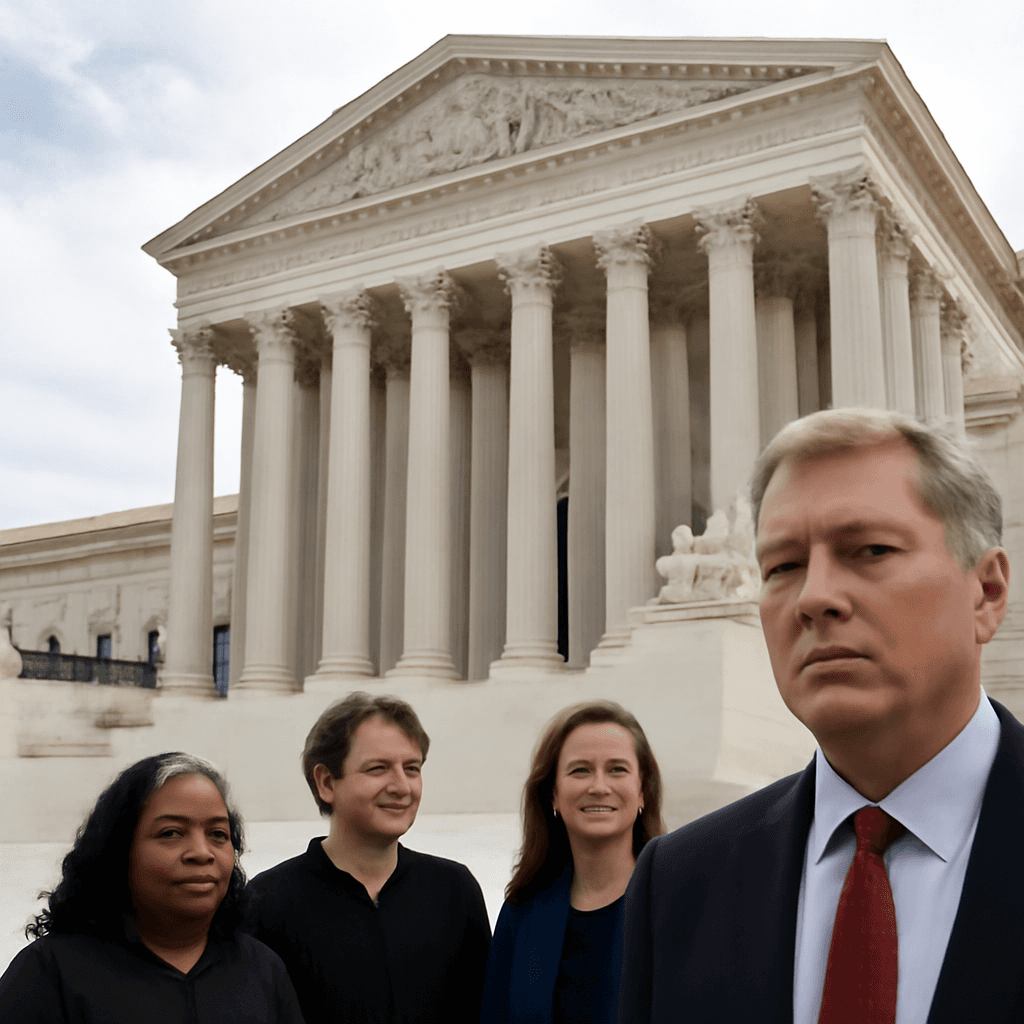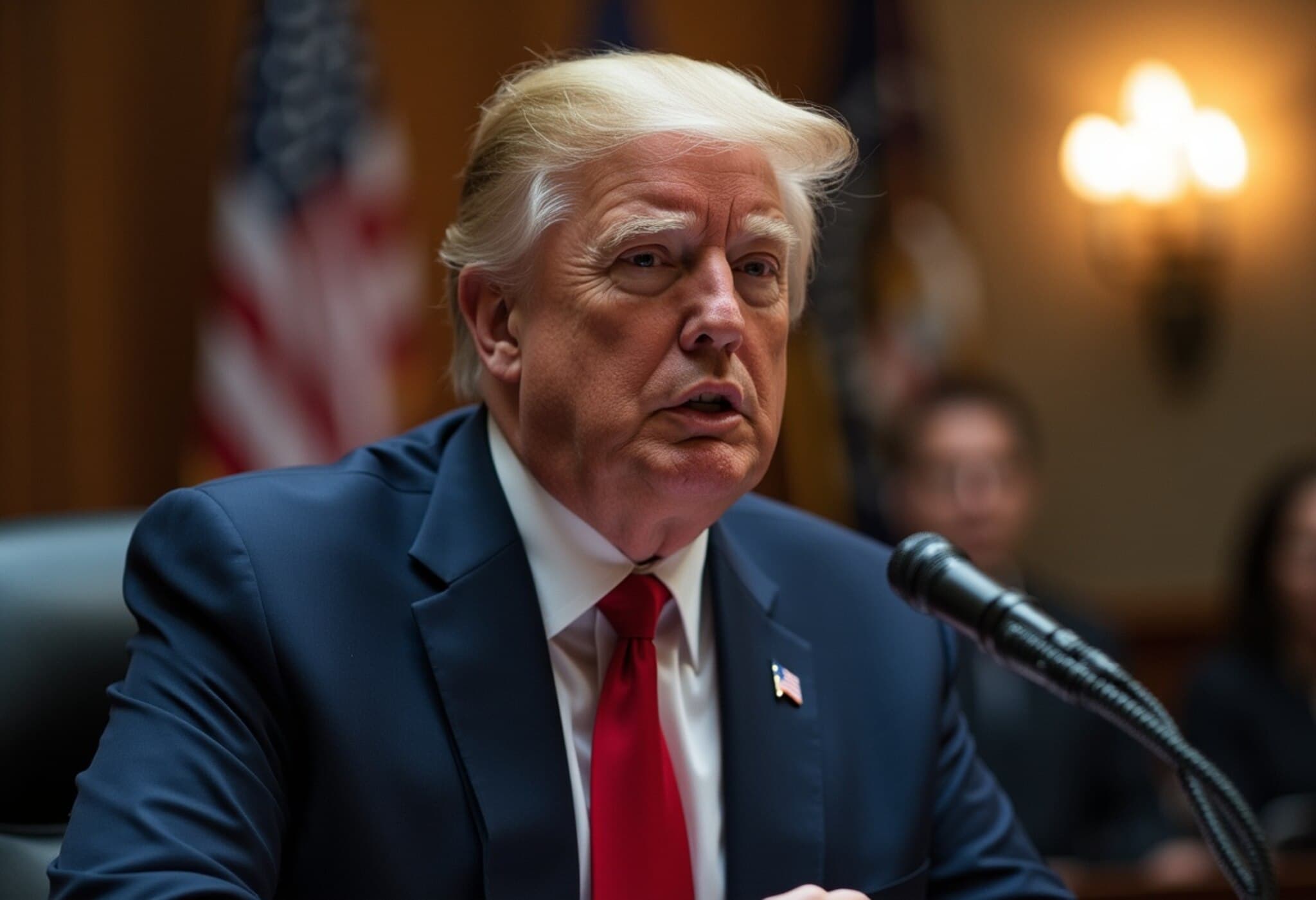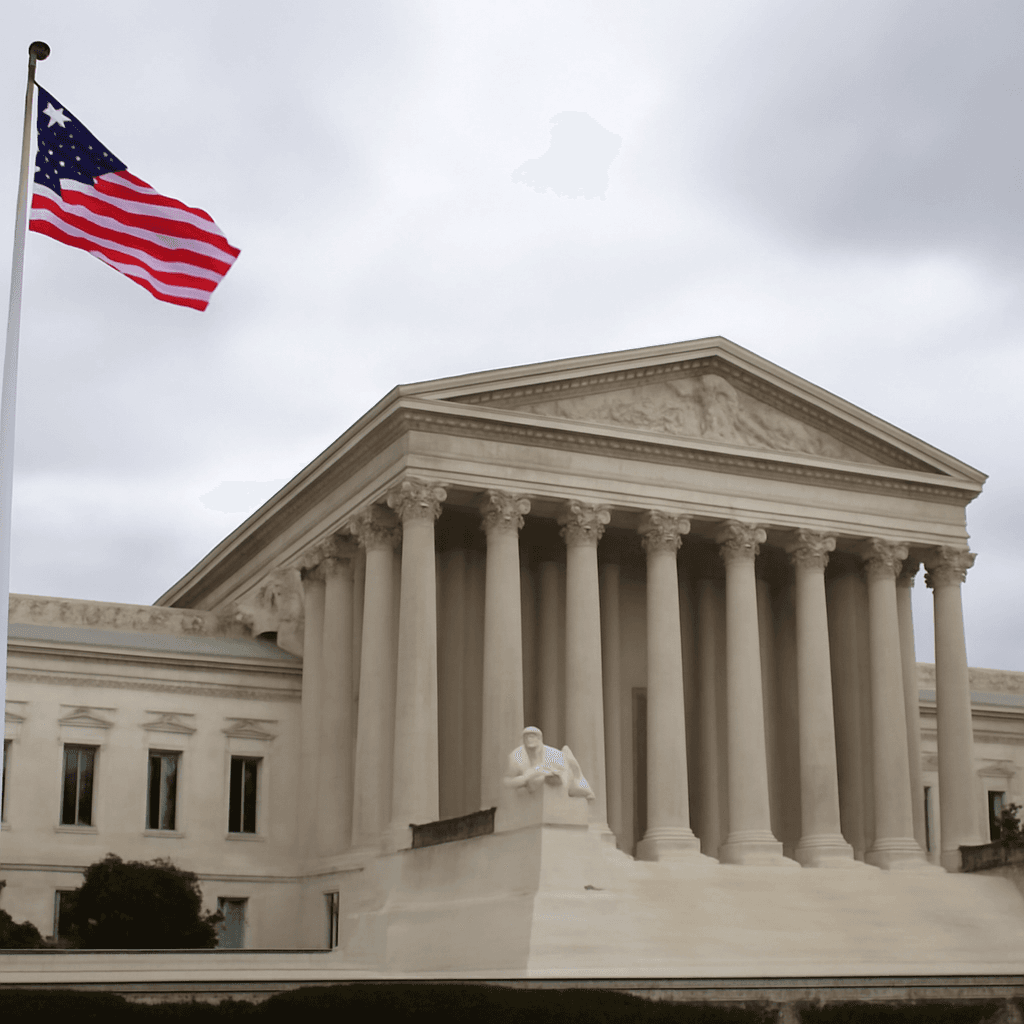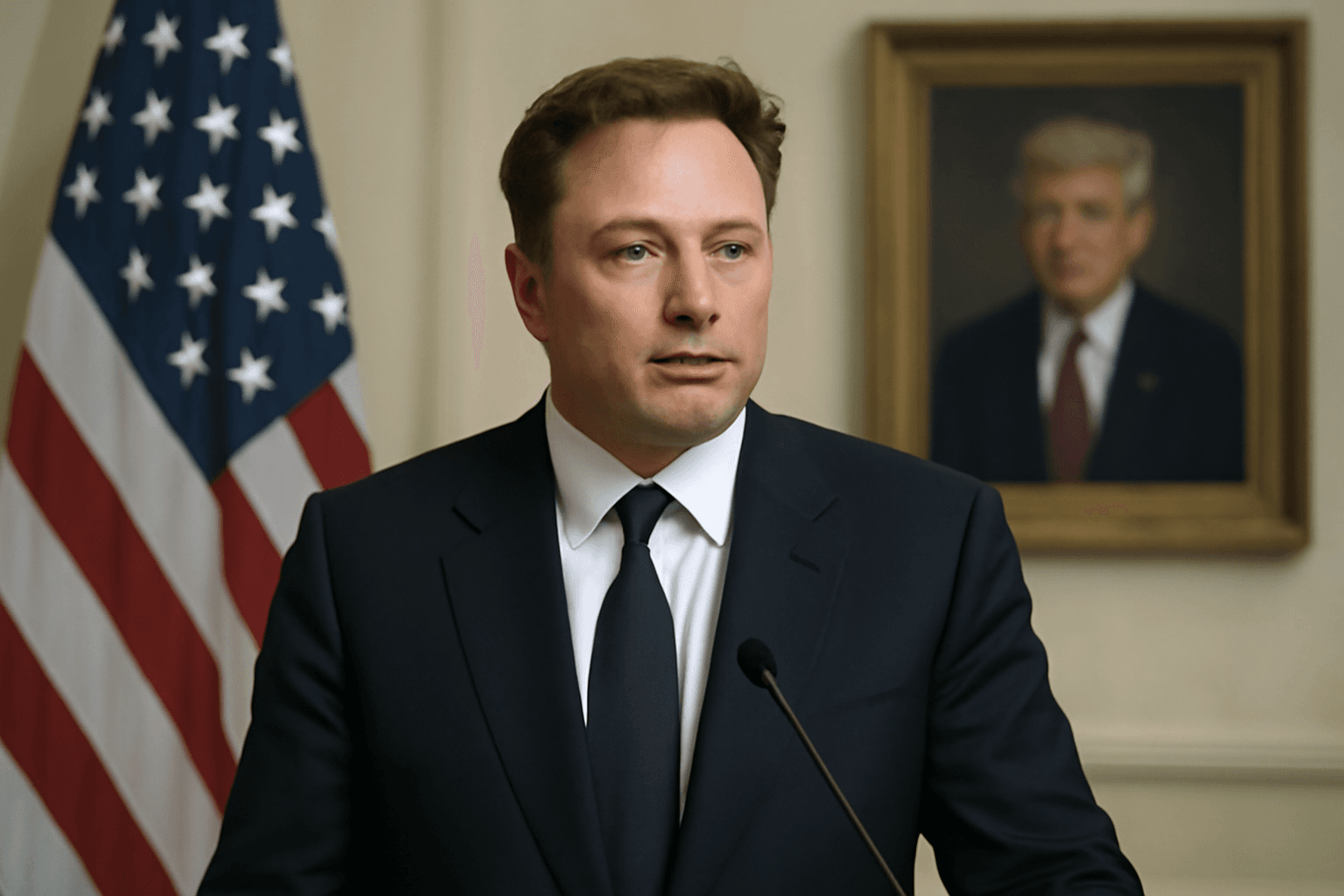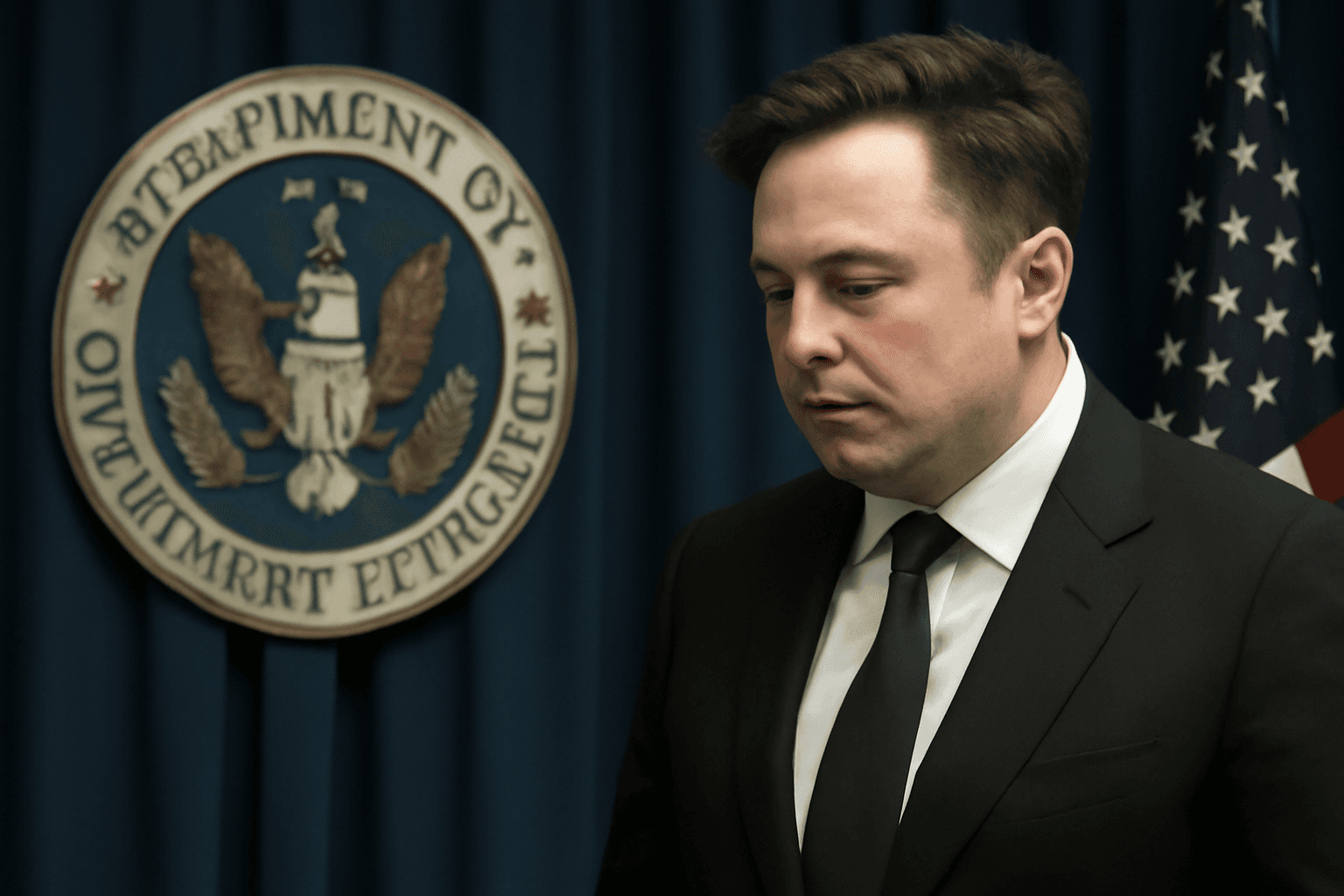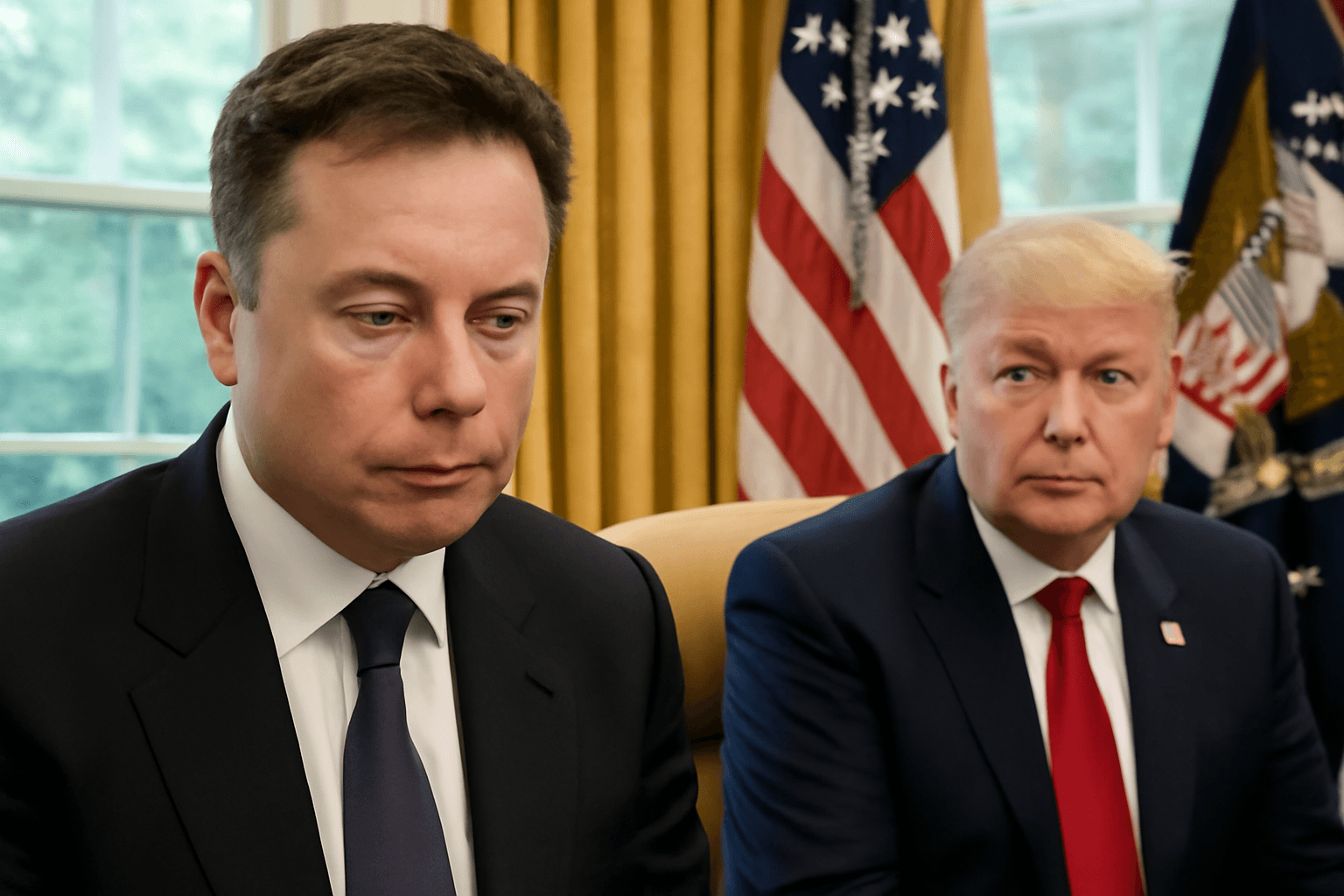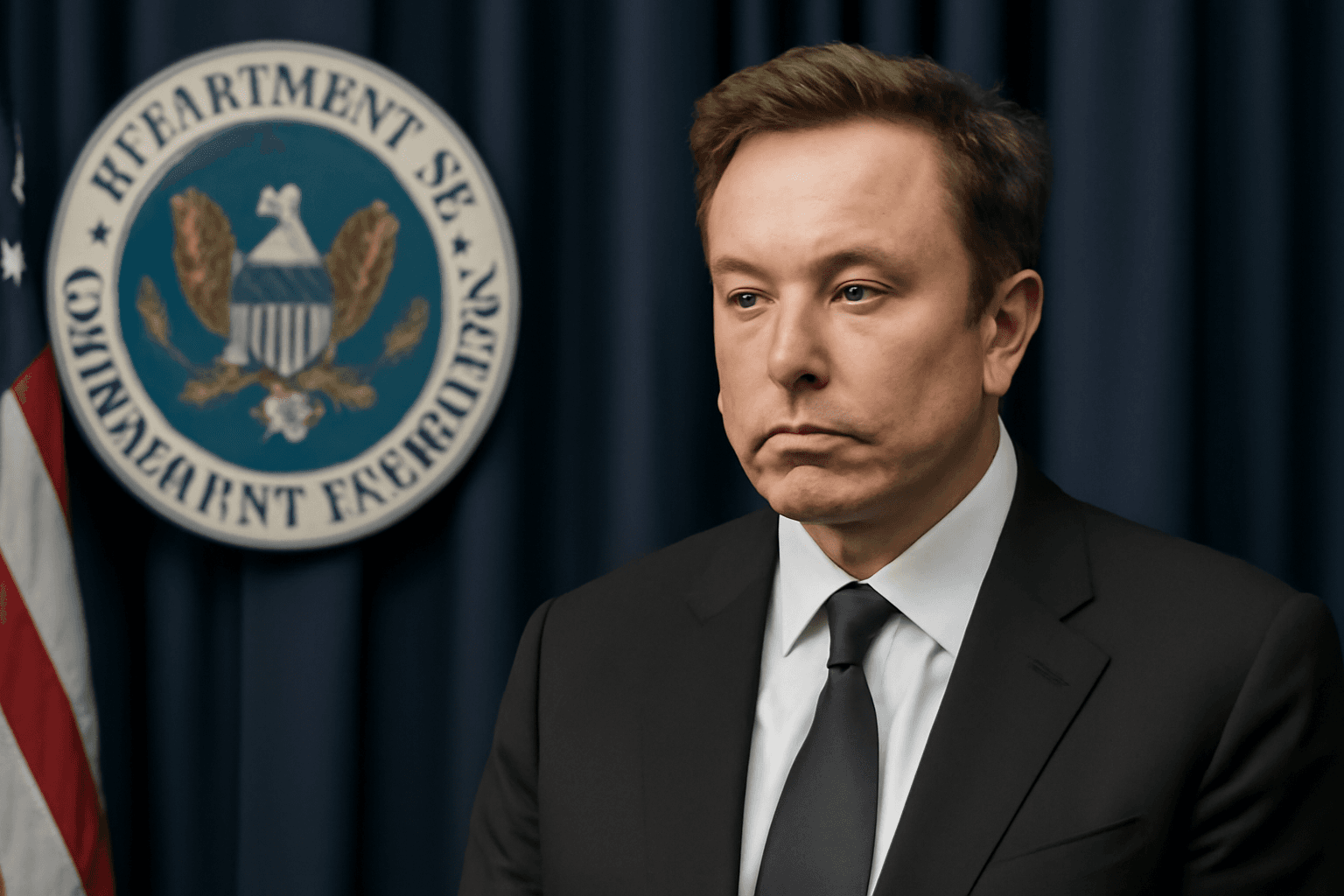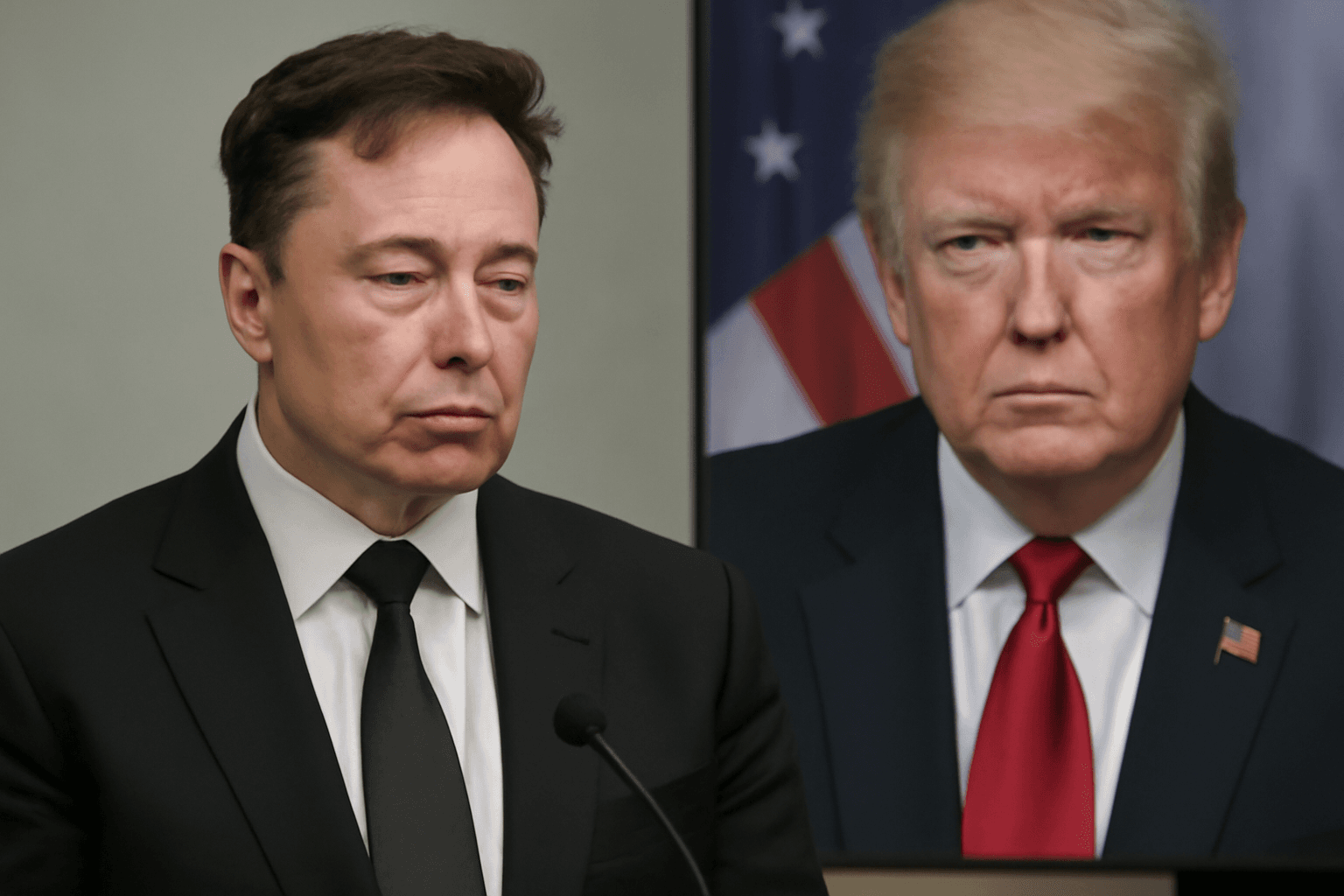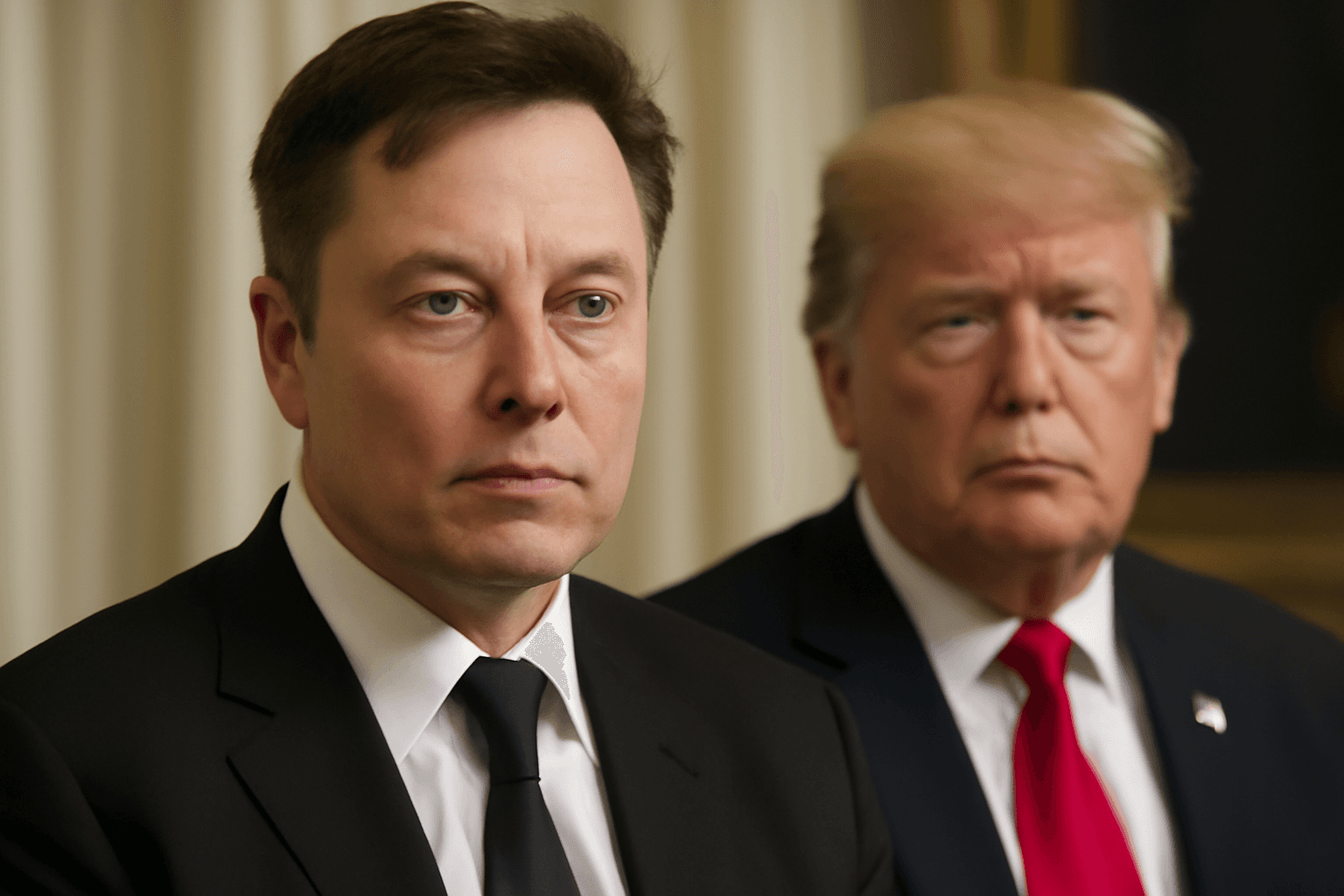Supreme Court Supports Trump Administration on DOGE Social Security Data Access
In two recent rulings, the US Supreme Court sided with the Trump administration concerning the Department of Government Efficiency (DOGE), allowing it to access Social Security data containing personal details of millions of Americans.
The court also limited the department’s transparency obligations, a decision that marks the first Supreme Court appeals involving DOGE. The rulings were supported by the court's conservative majority but opposed by liberal justices, highlighting the ongoing tensions around privacy and government oversight.
Access to Social Security Data and Privacy Concerns
One ruling suspended a Maryland judge's order that restricted DOGE’s access to the Social Security Administration (SSA) under federal privacy protections. The Supreme Court's order emphasizes that DOGE members may now access SSA records to perform their duties.
However, liberal justices expressed strong concerns. Justice Ketanji Brown Jackson warned of significant privacy risks, highlighting that the decision grants broad access without clear evidence of necessity or adherence to privacy safeguards. Justices Sonia Sotomayor and Elena Kagan also dissented, emphasizing the potential dangers of such unfettered data access.
The SSA holds sensitive information including educational, financial, and medical records for most Americans, making the scope of this access especially critical. Maryland District Judge Ellen Hollander had previously characterized DOGE’s Social Security investigations as a “fishing expedition,” citing minimal evidence of fraud and warning that unrestricted access could compromise privacy. Her order allowed only trained and vetted personnel to review anonymized data, limiting broader access to cases meeting strict criteria.
Arguments and Legal Challenges
The Trump administration argued that these restrictions hinder DOGE's ability to identify and reduce government waste effectively. Elon Musk, the former DOGE head, had targeted Social Security for reform, describing it as a "Ponzi scheme" and prioritizing expenditure cuts. Solicitor General D. John Sauer criticized judicial interference, suggesting the court was overstepping in agency oversight.
Meanwhile, labor unions and retirees, supported by Democracy Forward, launched lawsuits to protect personal information, asserting the need for stringent privacy measures. Previous appeals courts showed mixed opinions, with some conservative judges noting no evidence of data misuse but acknowledging potential risks.
Transparency and FOIA Compliance Dispute
In a related decision, the Supreme Court extended a stay on orders requiring DOGE to disclose internal documents, a move arising from a lawsuit filed by a government watchdog group.
The case centers on whether DOGE must comply with the Freedom of Information Act (FOIA). While the watchdog argues DOGE’s federal agency status mandates transparency, the administration insists that DOGE functions in an advisory capacity, exempting it from FOIA requirements.
The court did not resolve this question but found that prior orders compelling broad document disclosure were excessively expansive. This ruling further restricts external oversight of the department’s operations.
Implications Amid Agency Leadership Changes
The rulings come during a turbulent period following Elon Musk’s departure as DOGE head. The relationship between the Trump administration and Musk has been fraught with disputes, including threats to end government contracts and calls for impeachment. Both parties confirm DOGE's continuation, yet its future strategy remains uncertain without Musk’s leadership.
These legal developments underscore ongoing national debates over government transparency, privacy, and efficiency efforts. They also highlight the judiciary’s pivotal role in adjudicating conflicts tied to the current administration’s policy agenda.

